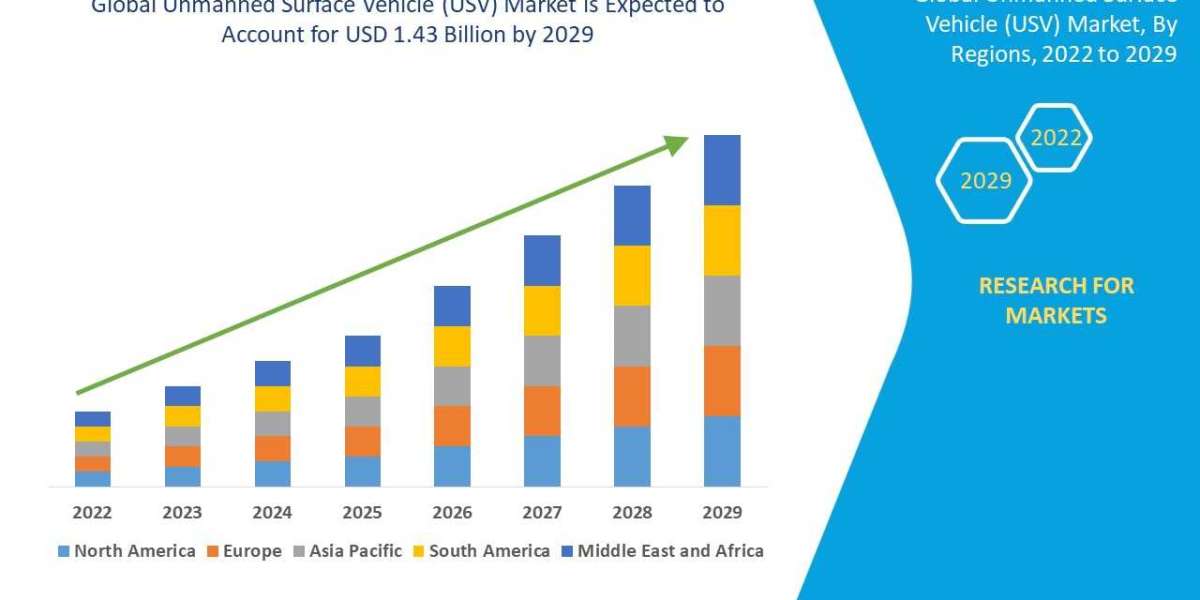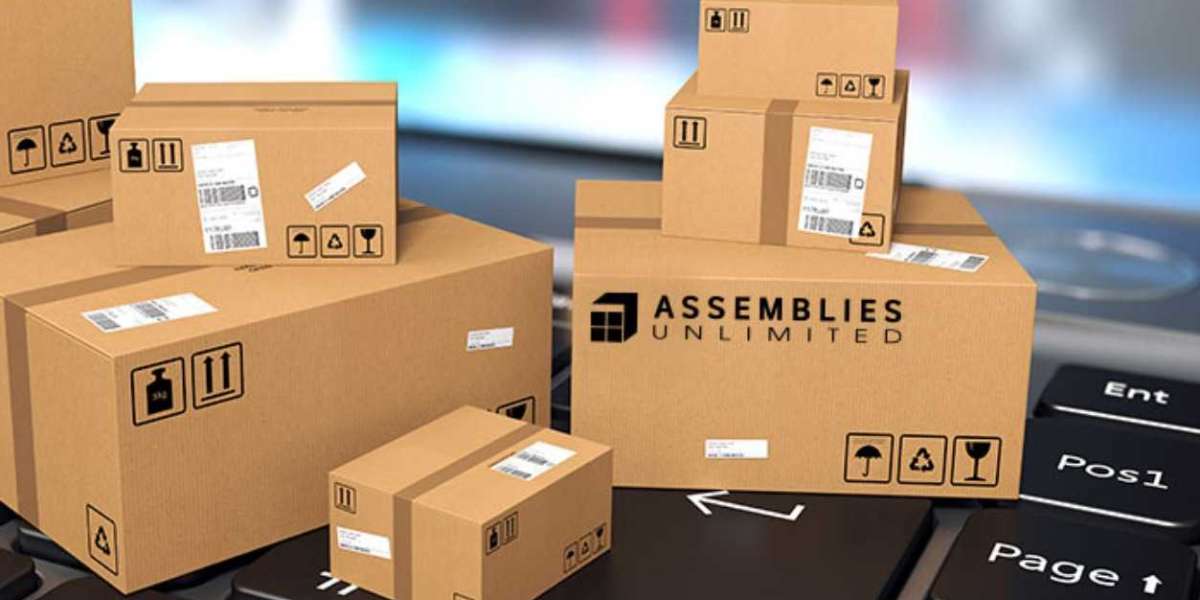Owning a car is often seen as a rite of passage, a symbol of freedom and independence. But as the years roll on, that trusty old vehicle can start to feel more like a burden than a blessing. The decision to keep or remove an old car involves weighing several factors, from financial costs to environmental impact. Here's a closer look at the true cost of keeping an old car and when it might be time to bid farewell.
Financial Implications
1. Maintenance and Repairs
Older cars inevitably require more maintenance and repairs. Parts wear out, and systems fail, leading to frequent visits to the mechanic. These repairs can range from minor fixes, like replacing brake pads, to major overhauls, such as engine or transmission work. The costs add up quickly, often making it more economical to invest in a newer, more reliable vehicle.
2. Fuel Efficiency
Older cars are generally less fuel-efficient than their modern counterparts. Advancements in automotive technology have led to significant improvements in fuel economy, meaning newer cars can travel further on less fuel. This difference in efficiency can result in substantial savings at the pump over time.
3. Depreciation
While older cars depreciate more slowly than new cars, their value still decreases with age and wear. An old car’s resale value might not justify the continued investment in repairs and maintenance. Sometimes, it’s more prudent to sell the car while it still has some market value.
Safety Concerns
1. Outdated Safety Features
Modern cars come equipped with advanced safety features like electronic stability control, multiple airbags, and collision avoidance systems. Older cars often lack these features, making them less safe in the event of an accident. Investing in a newer vehicle can significantly enhance your safety on the road.
2. Reliability Issues
An older car is more prone to breakdowns and mechanical failures, which can be dangerous, especially if they occur while driving. The peace of mind that comes with a reliable, newer vehicle is invaluable, particularly for long journeys or daily commutes.
Environmental Impact
1. Emissions
Older cars typically emit more pollutants than newer models, which are designed to meet stricter environmental regulations. Driving an old car contributes more to air pollution and carbon emissions, which has a negative impact on the environment.
2. Fuel Consumption
As mentioned earlier, older cars are less fuel-efficient. Higher fuel consumption not only costs more money but also increases your carbon footprint. Switching to a newer, more efficient car can help reduce your environmental impact.
Emotional Attachment
Many people form emotional bonds with their cars, especially if they’ve owned them for a long time. This attachment can make the decision to part with an old car difficult. However, it’s important to consider whether the sentimental value outweighs the practical and financial costs.
When to Say Goodbye
Deciding when to remove an old car isn’t always straightforward, but here are some signs it might be time to let go:
Frequent Breakdowns: If your car is spending more time in the shop than on the road, it’s a clear indicator that it’s nearing the end of its useful life.
Costly Repairs: When repair bills start approaching the value of the car, it’s often more economical to invest in a newer vehicle.
Safety Concerns: If your car lacks modern safety features or has become unreliable, prioritizing safety is crucial.
Environmental Considerations: If you’re concerned about your carbon footprint, switching to a more fuel-efficient and environmentally friendly vehicle is a responsible choice.
Conclusion
Keeping an old car can be a sentimental choice, but it’s essential to consider the financial, safety, and environmental costs. Regular maintenance, frequent repairs, poor fuel efficiency, and outdated safety features are all signs that it might be time to say goodbye to your old vehicle. Transitioning to a newer car can bring peace of mind, save money in the long run, and reduce your environmental impact. While the decision can be tough, it’s often the best choice for your wallet, your safety, and the planet.v












